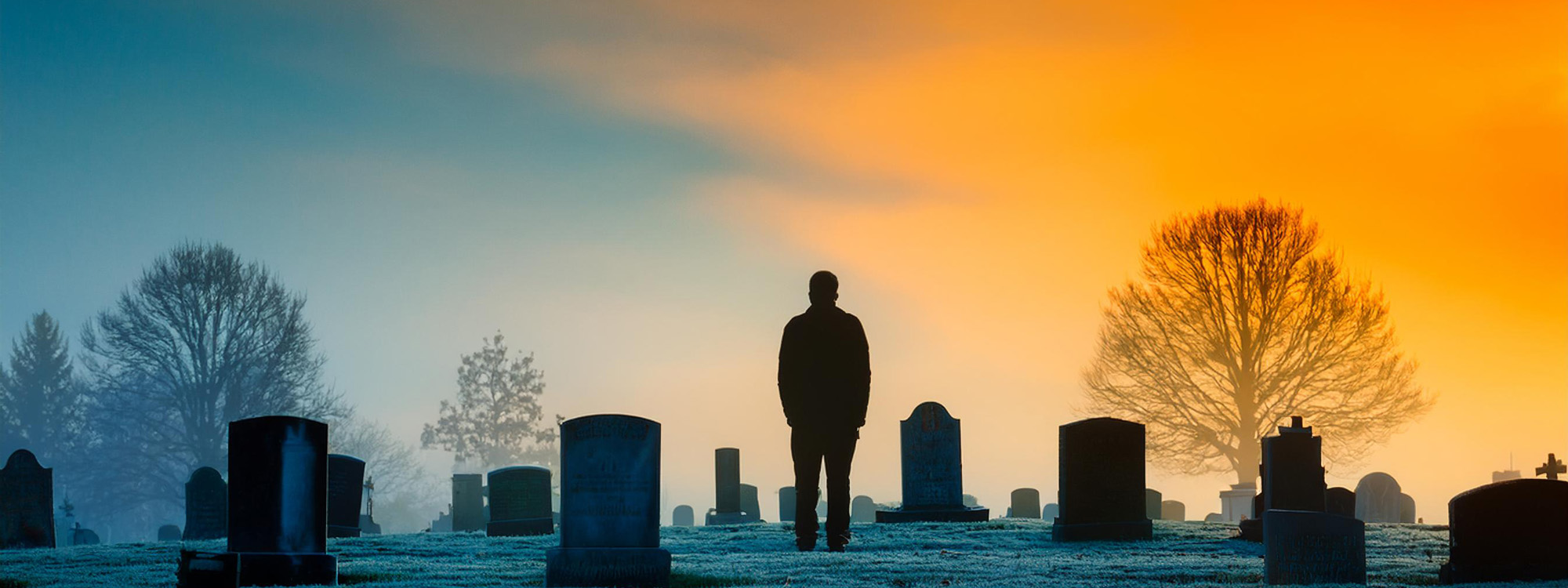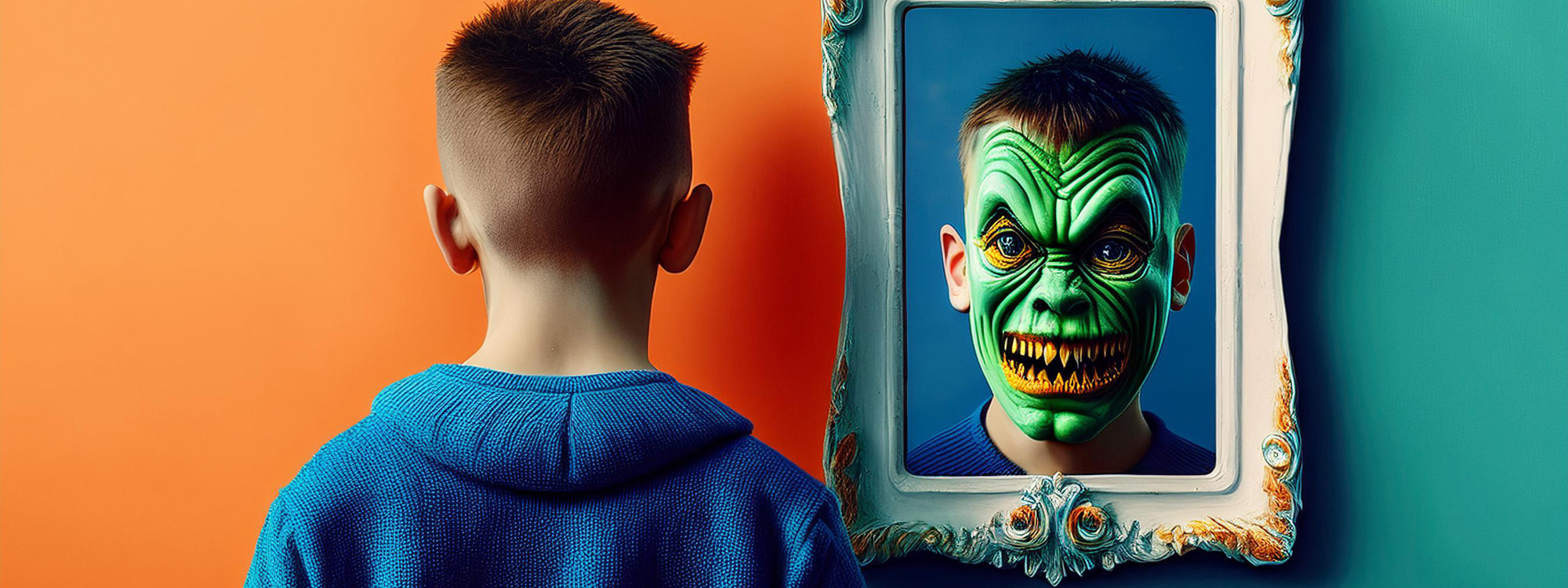| |
Someone recently sent me an email saying that they had been a victim in CP, that someone was trying to make those pictures available on the clear web (not just the dark web) and they wanted my help in getting rid of them. They then included several links. Ethan Edwards is the co-founder of Virtuous Pedophiles. Blog posts reflect his personal views, and are not statements from the organization. Someone recently sent me an email saying that they had been a victim in CP, that someone was trying to make those pictures available on the clear web (not just the dark web) and they wanted my help in getting rid of them. They then included several links.I like to be helpful, and my first impulse was to click the links and see what they were talking about. However, I was not totally asleep and also realized this could be a very dangerous thing to do. Did the links point to CP? Or further information about her situation? Had I clicked the link, my motivation would have been to understand what this person was talking about — certainly not to get any CP for erotic purposes.
I am told that law enforcement has a large library of files known to be CP, with distinctive electronic signatures. If you download such a file, it registers in their database. Clicking on a link to CP would in and of itself have put me on a list of people potentially to be investigated by the FBI.
Click a link, and risk committing a serious crime. This strikes me as outrageous.
When I was young, there was a gag toy that was a small wooden box with a door. The box was labeled, "Open door in case of emergency". When you did, inside it said, "Not now, stupid — in case of emergency!" What makes the joke work is that everyone knows there could be no possible ill consequences of opening the door. When an advertised emergency procedure involves breaking glass, blowing a whistle, or pushing a button, we all know that this will have repercussions and lead people to think there is a genuine emergency, so you don't do it just to satisfy your curiosity. But you can go ahead and read a sheet labeled, "Instructions in case of emergency". And you can certainly open the joke box to find out what's inside. Clicking a link ought to be in the same category. It would be in the same category, except for ill-considered CP laws.
In fact, clicking on a single link is unlike to end me up in the slammer. I could try to argue that I didn't read the label properly. I could try to argue that when I saw what it was I immediately deleted it. And the police probably prioritize their work so that a single image does not put you high on their list for investigation. But the fundamental problem is that once I've accessed the file, the burden of proof is on me. They might not use it, but they have probable cause to investigate. If someone is (like me) a known pedophile, there's even more probable cause that I downloaded it for erotic purposes. As a known pedophile I am hated, and some police might well think that anything they can reasonably do to harass me is a good thing. We also know that being investigated for CP possession can itself be a life-ruining experience, even if a person is exonerated.
Society is rightly very upset about child sexual abuse, including the making of CP. The police are always under pressure to reduce crime. Largely powerless to make a serious dent in those problems, they can trace the downloads of CP. As the law stands, once they see that the file went to the computer, they've got a good chance for a conviction. More likely they will scare the defendant into making a guilty plea, which is even better for them. They can then claim success in fighting child sexual abuse, because they've caught some pedophile. No one is going to ask if he really was a pedophile, or if he was in danger of hurting any real child, or if his intention really was erotic pleasure, or just how much harm it would do to anyone if it was.
In a free society, I can read whatever I want and watch whatever I want in the privacy of my own home. I can click on any links I want. The digital signature of some file observed going to my IP address is not probable cause for anything. I don't need to worry about what my teen son might be doing on his computer, with the questionable judgment that is often a characteristic of that age. I don't need to worry about what my guests are doing when I give them my WiFi password — or whether I really did password-protect my network against the questionable judgment of the teen boy next door. I don't need to worry about someone framing me for CP possession — a real potential problem if I'm the gullible sort of person who believes what he reads in spam and clicks links.
Of course the police will monitor internet traffic for other purposes — but it is different. Pirating copyrighted material is a problem, but in practice, end users are rarely targeted. If they are, an investigation is not social death or a conviction cause for prison time. As for planning terror attacks, making threats, or slander, those are triggered by what a person writes, not what they read.
The questionable links in the email I got led my mind to some other questions. Should I report it to law enforcement for being CP? That seems a bit silly, since I don't know it's CP at all — how could I, without possibly breaking the law?
Is it a crime to send a link to someone and say, "Here is some good CP" and provide a link that does not point to CP?
Suppose a person sends you a link, labeled, "This is either CP or else some nasty things people are saying about you". Could you resist? If it is CP, did you knowingly download it?
Far better to get the police out of this business entirely. Let them target their resources more productively. Keep ordinary people free of that small nagging fear — could clicking this link ruin my life?
About the author: Ethan Edwards is a pseudonym. I am a pedophile, always celibate, and I have never seen child pornography. My attraction is strongest to girls around 4 years old, but I am also attracted to girls and women up through their 30s or beyond. Now in my late 60s, I'm divorced and living alone. I was married for over 10 years and was heavily involved with raising my 3 daughters. For most of my career I was a successful software engineer. I am very unusual for a pedophile in that I didn't realize that I was one until I was in my 50s—but it was there all along. I am angry that we all must remain silent or risk losing everything. That was my mindset when I co-founded Virtuous Pedophiles in 2012. I soon learned of the the terror of the typical pedophile who realizes as a teenager that his attraction isn't going to go away, who has nowhere to turn for help. The injustice I am most passionate about is the harsh legal penalties imposed on pedophiles who passively view illegal images of children. I stepped down from my role as a director of Virtuous Pedophiles early in 2024 and am delighted to pass the mantle on to a younger generation. This content was taken from Ethan's longstanding blog, Celibate Pedophiles. Some of the titles and taglines have been edited for their inclusion at thepword.
You can see an earlier version of the blog at the wayback machine. | |






 growing up a pedophile
growing up a pedophile stopitnow us interview
stopitnow us interview thread: better sex education
thread: better sex education